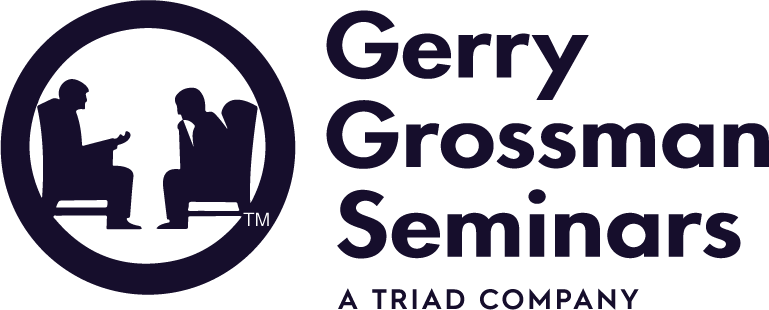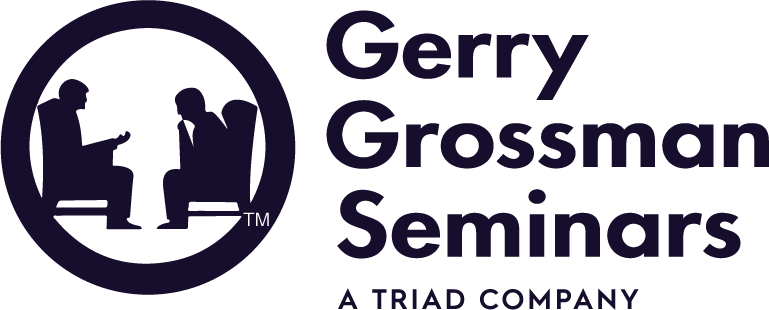
Kristie Overstreet Ph.D., LPCC, LMHC, LPC, CST
There are many tips and tricks to help memorize information. However, there isn’t a substitute for putting in the study time to retain it. The key is to identify how you can apply the knowledge you learn so that you can recall it for the exam.
Here are five tips that can help improve your memory during exam preparation.
- Identify your ideal study time
Are you more productive in the morning or at night? Most people are either early birds or night owls. Identify what time of the day you feel the most alert and productive. Once you have figured this out, only plan to study during this time.
For example, if you work better in the mornings and then try to study late evenings, you may feel discouraged because you can’t retain new information. Working against your natural time clock is counterproductive. Work smarter by only studying during your ideal time.
- Combine auditory and visual learning
If you are an auditory learner, then you take in and retain information best through hearing it. When you are prepping for your clinical exam, you will want to include listening to webinars and audio recordings. If you are more of a visual learner, you will want to use online questions/answers, study guides, and flashcards.
Whether you are auditory or visual learning, you can benefit from combining the two. Don’t miss the powerful combination of seeing and listening to the material. It will also help you find new opportunities to study. For example, you can listen to questions/answers and webinars while you are driving or going for a walk. You are more likely to retain information when you learn it different ways.
- Get out of the house to study
When you study at home, you have hundreds of things that can distract you. Housework, people, to-do lists, and many other interruptions can cause you to not focus on your exam material. You will be amazed at how unproductive you can be even with the best-laid study plans at home.
To memorize information, you need to concentrate and not be distracted. Try going to the library, coffee shop, or any place other than your home. Also, changing up your surroundings keeps your study time from being monotonous.
- Schedule your study time
Be intentional with your study time. It is just as important as any other appointment you have. If you don’t have it in your schedule, then it is likely you won’t make time for it, or you may push it to another day.
Each day look at your schedule and decide when your study time will be. Mark it on your calendar and don’t let anyone or anything interrupt it. Make sure you have a start and end time. This allows your brain to know that there is a time to start and a time to finish which will help improve your ability to retain the information.
- Use a notepad to write down ideas
As you study your material have a notepad paper available so you can write out thoughts, words, or acronyms to help you memorize the information. For example, if you are studying a section on therapy records and you learn that you have to maintain them for seven years. Write down “7 years” in your notebook.
Taking the time to write down important information will help you better memorize it. During your exam, you may be able to recall the answer to the question about therapy records because you remember writing it in your notebook.
Make sure your hard work pays off by using these five tips to prepare for your exam. From finding your perfect study time, combining learning styles, changing scenery, scheduling time, and writing in a notepad these tips will help you get your desired results.



